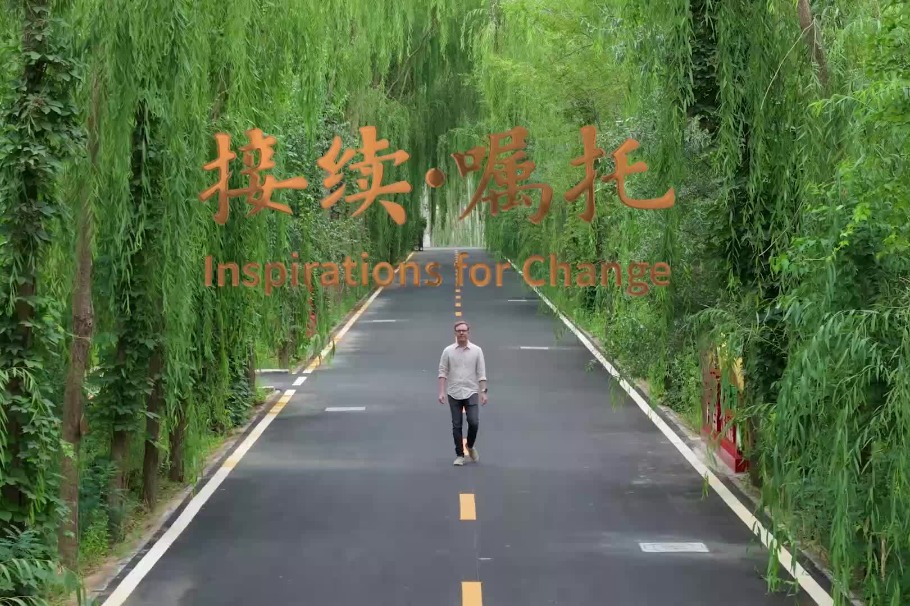County's wealth entwined with flourishing orchids
Wengyuan in Guangdong has seen annual sales hit 30b yuan in just over two decades


Editor's note: In a series of reports titled "Claims to Fame", China Daily looks at how some regions have earned wealth and recognition through specific products to realize the goal of rural vitalization.
When Cao Dexing from Taichung in Taiwan visited a friend in Guangdong province in 1996, he had little inkling he would become part of a multibillion yuan orchid industry that today supplies the majority of the Chinese market.
His friend in Shunde was selling orchids grown in Taiwan. Back then, orchid growing was a rare agricultural venture on the Chinese mainland, while Taiwan had a sizable orchid industry, Cao said.
In 1998, Cao, now 47, quit his job as a salesman in Taiwan and joined his friend in the orchid business in Shunde, where he also met his future wife, who is from Hunan province.
However, it was a visit with a group of businesspeople from Taiwan to hilly Wengyuan county in Guangdong's north that changed Cao's fortunes.
Cao said one of his workers had told him that orchids grow well in Wengyuan. The group brought dozens of the flowering plants back with them to Shunde.
"In Wengyuan, the temperature difference between day and night is large. The air is clear, the water is good, and there are no polluting enterprises. These are favorable conditions for orchids' growth," he said.
In 2002, Cao signed an agreement to start orchid farming in Wengyuan's Xianhe township.
"We didn't make our decision on the first visits, but the township Party chief He Wenhui was very proactive and welcoming. When we showed a little interest he kept calling us. We were persuaded and somewhat moved," Cao said.
"The economy here was underdeveloped. When local people knew orchids could make money, they were excited. The orchid prices were high then," Cao added.
A pot of orchids in Cao's office, which today sells for less than 200 yuan ($28), cost more than 3,000 yuan two decades ago. Back then, a worker was paid 6 yuan a day.
However, without an industrial chain, Cao found it difficult to even reach his pot supplier, with the road network virtually nonexistent.
Despite this, initial investment grew as local investors put their faith in the industry, which has also been expanded through the development and introduction of new orchid varieties to the market. In the meantime, Taiwan investors brought their expertise, while the government offered strong support, Cao said.
Today, Cao's Wengyuan Defang Orchid Garden Co operates 300 mu (20 hectares) of orchid farms. The main market for his flowers has shifted from Hong Kong and South Korea, where demand has dwindled, to the Chinese mainland.
"I have been a participant in and witness of Wengyuan's orchid industry. Now we have the government's policies for rural revitalization. I think the prospects are promising," Cao said.
























